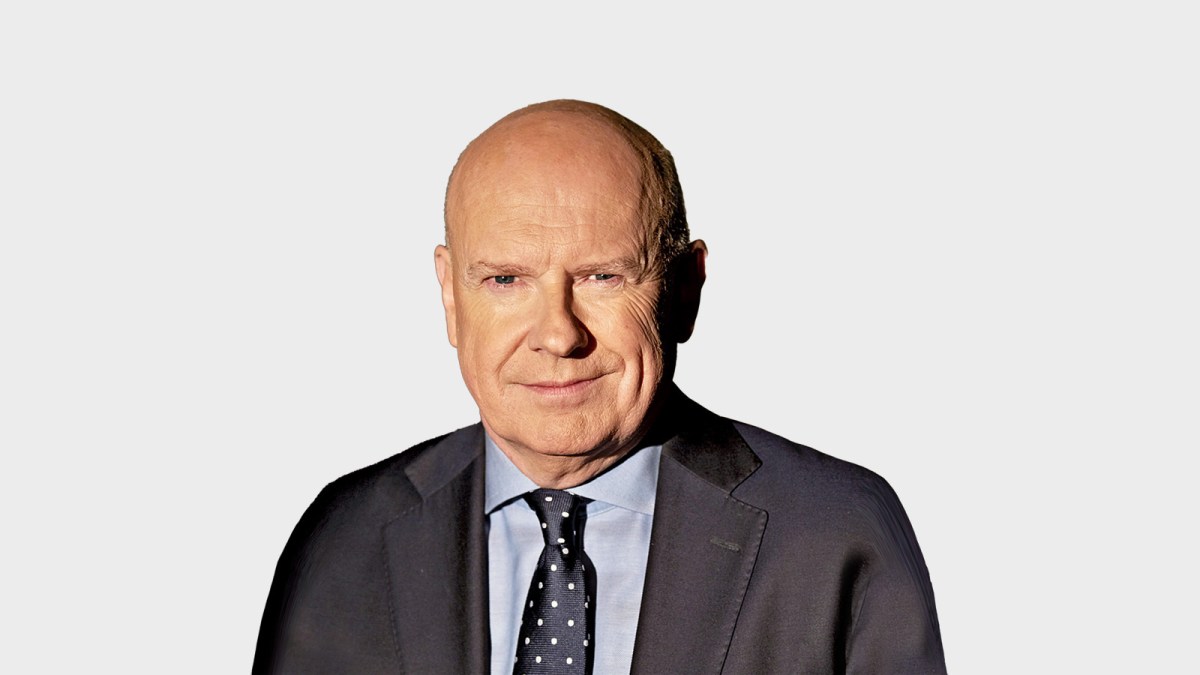Donald Trump’s presidency has consistently challenged and often upended long-held conventional wisdom across political and economic spheres, forcing a profound reevaluation of established norms and expert predictions.
A prime example unfolded with his unexpected trade deal with the European Union, a feat many experts deemed impossible due to the perceived unfeasibility of high tariffs. This outcome directly contradicted the long-standing belief that global trade is not a zero-sum game and that protectionist measures would inevitably lead to intolerable damage for all parties involved, including the United States.
Despite warnings of severe economic self-harm from such unconventional approaches, the US economy has demonstrated remarkable resilience. Since the implementation of these new “Trade Deals,” including the highest average tariffs on imports since the 1930s, the nation has witnessed healthy economic expansion, growing at an impressive annual rate, alongside a decline in inflation. Furthermore, the federal government has seen a significant increase in revenue from tariff collections, leading to discussions about potential tax rebates for citizens.
This ongoing narrative extends far beyond America’s borders, serving as a critical litmus test for the wave of “Populism” that is reshaping governments and political landscapes throughout the Western world. This surging political movement is deeply rooted in widespread disillusionment with conventional wisdom, questioning whether the established intellectual elites who have dictated policies for decades were truly correct, or if the insights of the “uneducated masses” might hold more truth.
Indeed, a defining characteristic of “Donald Trump’s” political career, and a core aspect of “US Politics” during his tenure, has been his consistent refusal to adhere to traditional political playbooks. From running for president without a typical campaign background to flouting long-accepted rules of decorum and diplomacy, his path has been paved by defying what “know-alls” claimed could never be done, repeatedly surprising opponents and observers alike.
The shift in “Immigration Policy” mirrors this pattern of disruption. For decades, elite opinion championed immigration as universally beneficial, framing any dissent as xenophobic. Yet, the political discourse, even among former proponents, is now visibly walking back from an uncritical embrace of mass immigration and its societal consequences, reflecting a broader public reevaluation.
Similarly, in foreign policy, Trump has systematically broken established rules without immediately apparent negative repercussions, prompting questions about the rigidity of long-held doctrines. This challenges not only specific policies but also fundamental assumptions, such as whether confrontational struggles are inevitable or if liberal capitalism is indeed the single best model for governance and economy.
Historically, elite opinion has, in any case, had a mixed track record. Significant policy missteps, such as those during the Covid-19 pandemic, and the 2008 financial crisis, which dismantled much of the preceding quarter-century’s economic consensus, serve as stark reminders of this fallibility. Even Ronald Reagan famously defied and ultimately disproved much of the Cold War consensus.
The ultimate outcome of these profound challenges to orthodoxy—whether this disruptive moment proves fleeting or represents a lasting paradigm shift—remains to be seen. Just as a cartoon character might cycle frantically in mid-air after going over a cliff, the ascendant challengers to conventional wisdom might eventually crash, or they might successfully redraw the landscape beneath them, solidifying a new reality.






Leave a Reply